Software
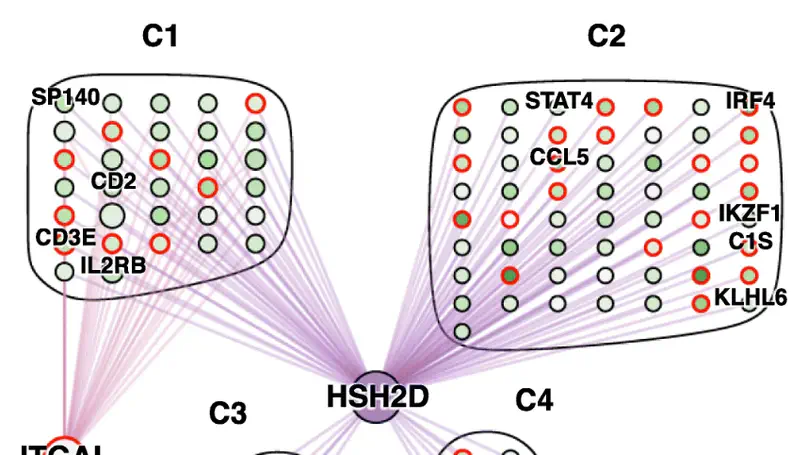
This package implements methods and an evaluation framework to infer differential co-expression/association networks. Various methods are implemented and can be evaluated using simulated datasets. Inference of differential co-expression networks can allow identification of networks that are altered between two conditions (e.g., health and disease).
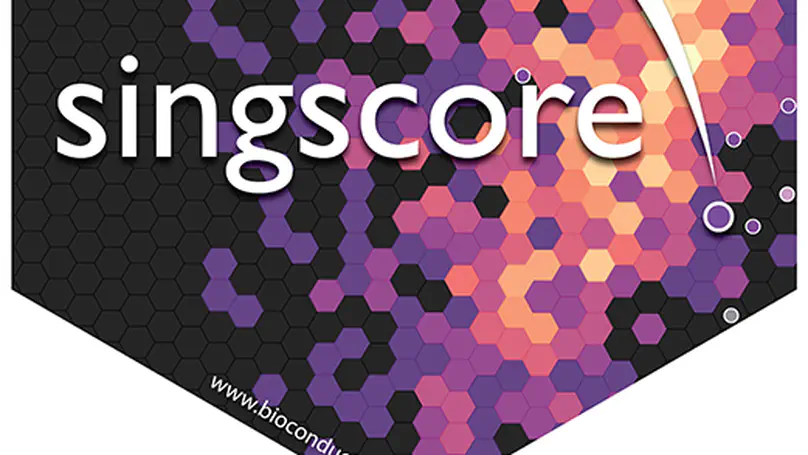
A simple single-sample gene signature scoring method that uses rank-based statistics to analyze the sample’s gene expression profile. It scores the expression activities of gene sets at a single-sample level.
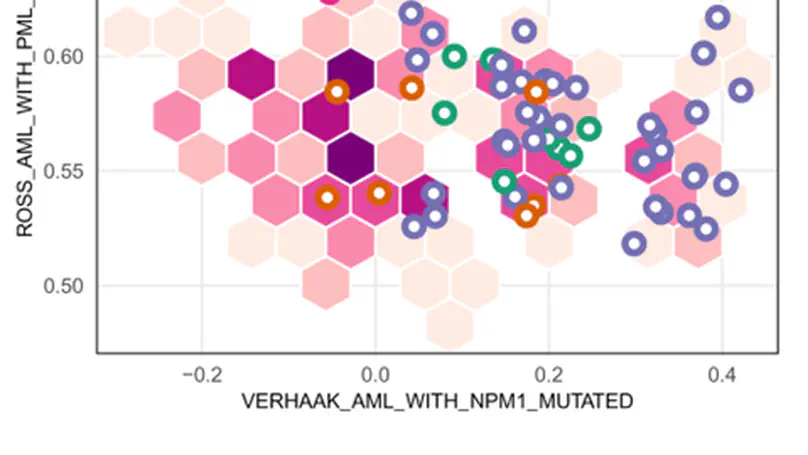
This workflow package shows how transcriptomic signatures can be used to infer phenotypes. The workflow begins by showing how the TCGA AML transcriptomic data can be downloaded and processed using the TCGAbiolinks packages. It then shows how samples can be scored using the singscore package and signatures from the MSigDB. Finally, the predictive capacity of scores in the context of predicting a specific mutation in AML is shown.The workflow exhibits the interplay of Bioconductor packages to achieve a gene-set level analysis.
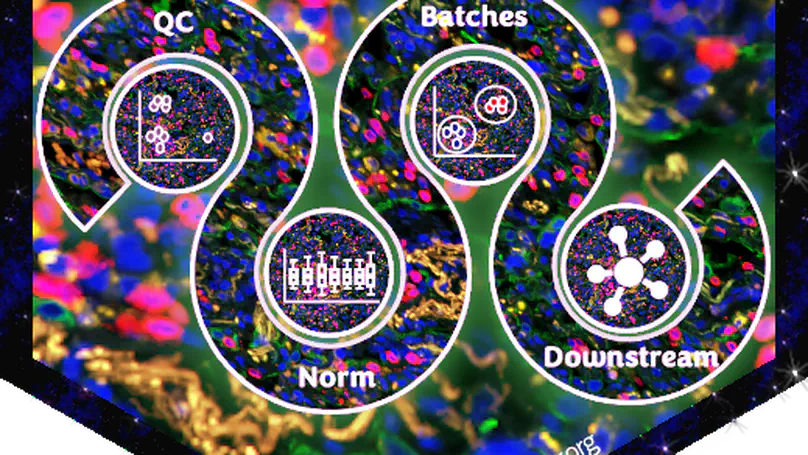
standR is an user-friendly R package providing functions to assist conducting good-practice analysis of Nanostring’s GeoMX DSP data. All functions in the package are built based on the SpatialExperiment object, allowing integration into various spatial transcriptomics-related packages from Bioconductor. standR allows data inspection, quality control, normalization, batch correction and evaluation with informative visualizations.
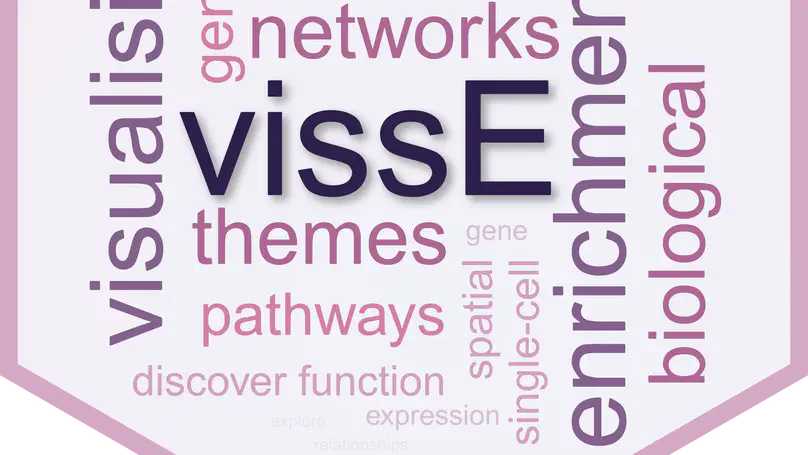
This package enables the interpretation and analysis of results from a gene set enrichment analysis using network-based and text-mining approaches. Most enrichment analyses result in large lists of significant gene sets that are difficult to interpret. Tools in this package help build a similarity-based network of significant gene sets from a gene set enrichment analysis that can then be investigated for their biological function using text-mining approaches.